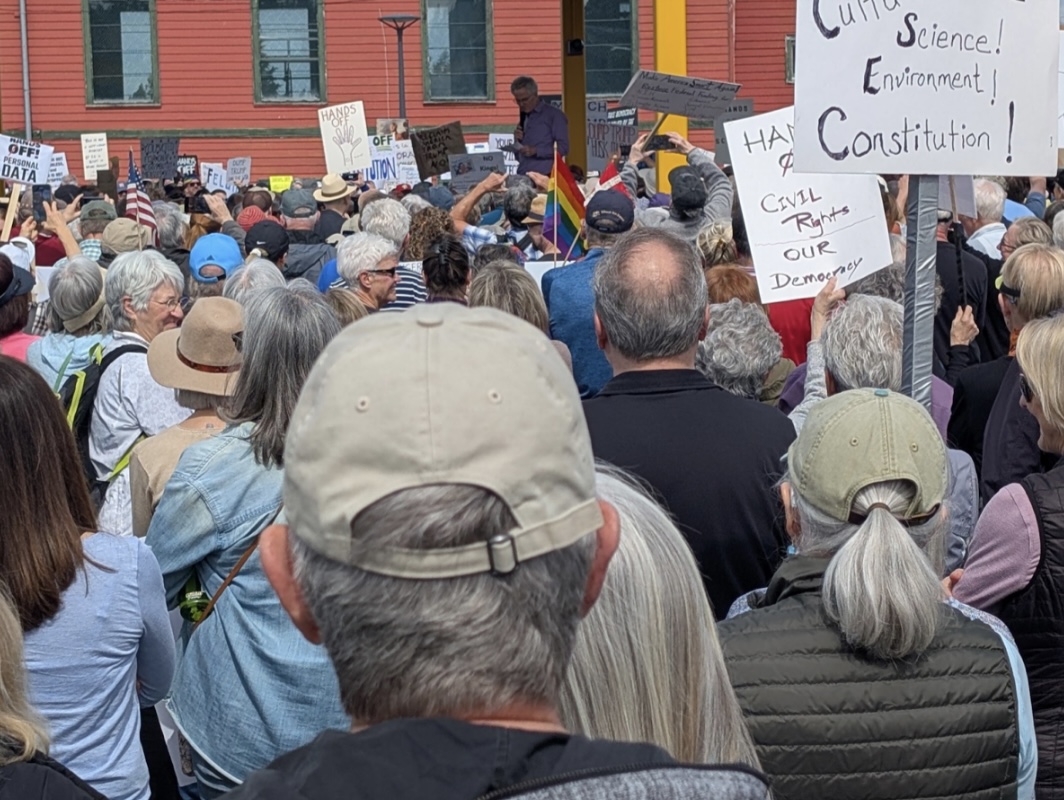WASHINGTON’S NEW TOBACCO LAW IS A GOOD THING
The easiest way to stop an addiction? Never let it start.
Washington is now the ninth state to formally sign into law legislation that prevents people under the age of 21 from purchasing cigarettes, e-cigarettes and other tobacco products, effective Jan. 1, 2020.
Increasing the smoking age to 18 isn’t just about stopping 18- to 20-year-olds from smoking. As long as high-school age students can legally purchase tobacco, tobacco can still find its way into schools. Often the easiest way for a minor to get access to tobacco is through friends or classmates who are of age. Stopping 18-year-olds from purchasing tobacco goes a long way toward keeping pre-college education smoke-free.
That number, in turn, will have a significant impact on the total percentage of the population using tobacco products. Eighty-seven percent of adult smokers tried their first cigarette before age 18, according to data from the Centers for Disease Control and Prevention (CDC). If smoking rates continue at current levels, the CDC estimates that approximately one out of every 13 Americans currently under the age of 18 will die prematurely due to a smoking-related illness.
Clearly, raising the smoking age reduces smoking in the affected age group drastically. But it helps prevent sales to minors as well: despite no change in the legality of tobacco sales to minors, the number of under-18 sale violations still dropped by 45 percent since the institution of the new law in California, one of the eight states where the law is already in effect.
Getting this legislation to pass nationally seems practically impossible given the incredible influence the tobacco industry has — particularly in the Eastern and Southeastern U.S., which contains each of the top seven states in U.S. tobacco production.
The best way to accomplish this nationally must begin as a grassroots movement from the states where overall smoking numbers are lower and Big Tobacco has the least power.
It’s about time that public health takes priority over corporate interests.







